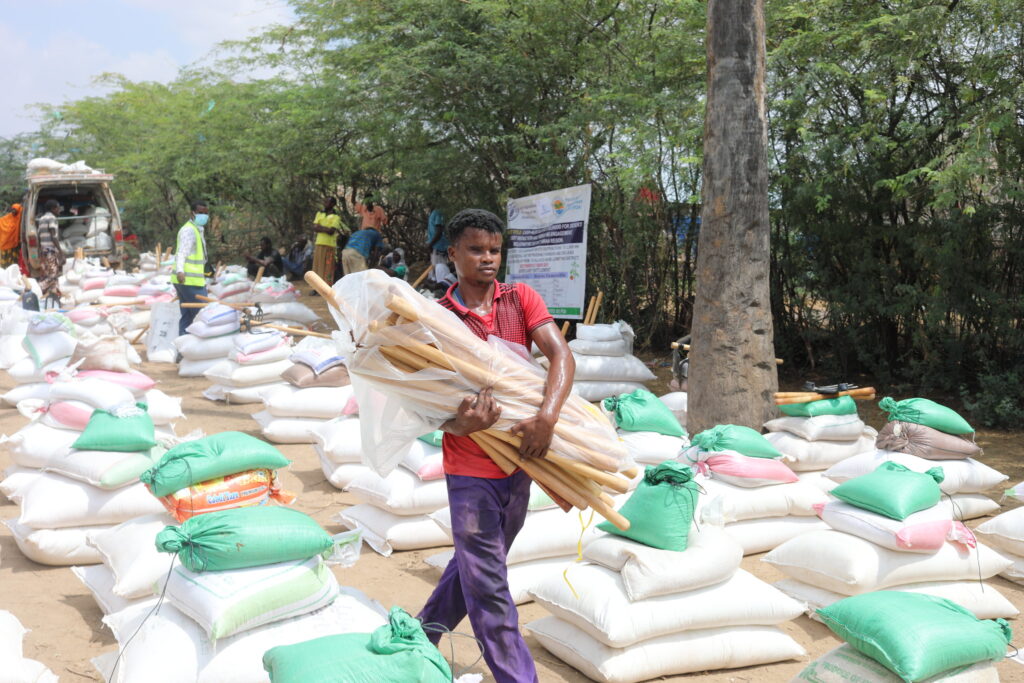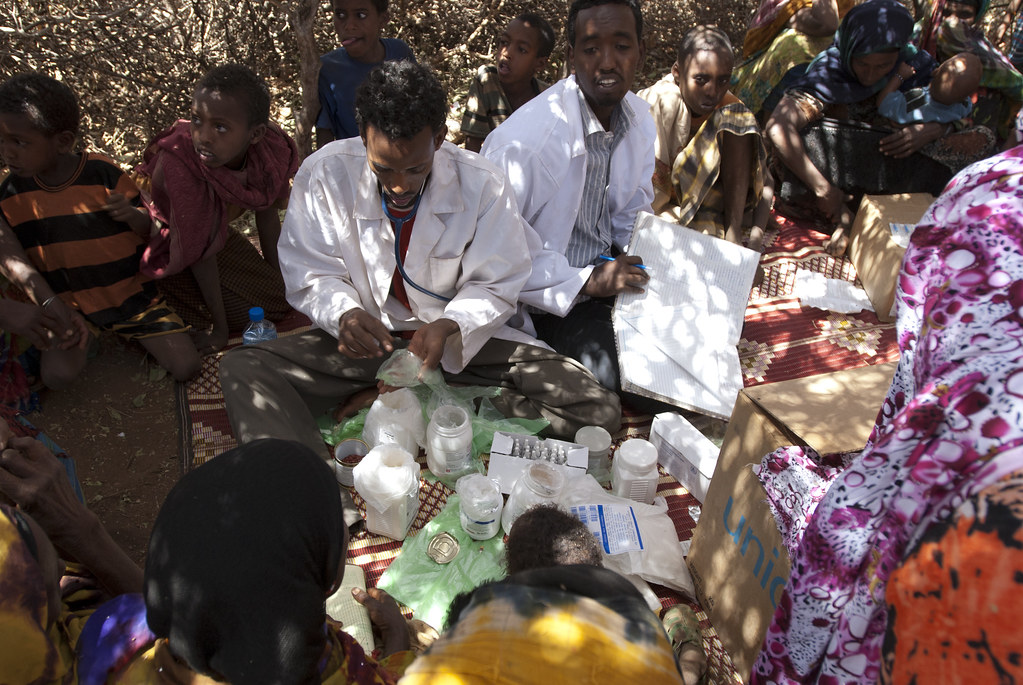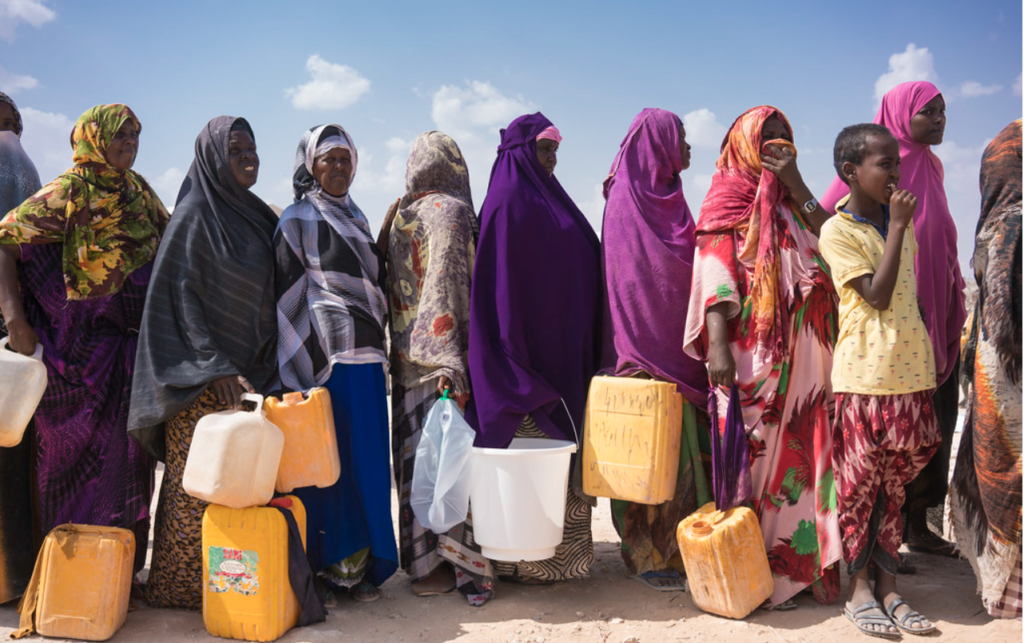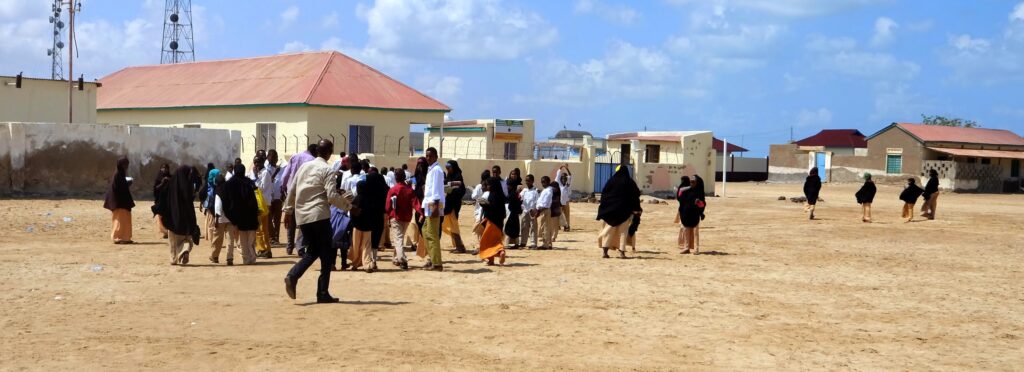Humanity Action Network (HANET) organization’s work in Somalia and Kenya is anchored on a programming approach that recognizes the essence of the communities taking leadership in their own development. This enables us to serve humanity, reduce poverty and mitigate suffering of marginalized Somali communities and further restore hope by providing relief and development based humanitarian services.

Livelihoods
Humanity Action Network (HANET) Builds a community assets and create safety nets which enables the beneficiaries to withstand the effects of recurring disasters. Our wash, sanitation and hygiene (WASH) programming consists of a set of integrated interventions aimed at increasing accessibility and availability of safe portable water through rehabilitation, drilling of borehole wells and hand dug wells. These initiatives result in long term impacts that are related to relief and development of marginalized and vulnerable communities resulting in sustainable positive change that include diversification of livelihood and improved sanitation facilities for primary school education.
Priorities
HANET Promotes sustainable water supply systems. Scale up hygiene and sanitation efforts for improved community health. We address this through the resilience programming in supporting large water capacity water points and ensuring the existing boreholes are functional. However, as Somali continues to stabilize, the traditional water emergency support also needs to be transformed to development-oriented activities.
Emergency
HANET Organization provides immediate and integrated, multi-sectoral assistance to people living in crisis and humanitarian emergency situations. Our emergency management approach is to save lives and reduce suffering to disaster affected community, deliver coordinated and integrated emergency life saving interventions to affected communities and strengthen preparedness, mitigation and Disaster Risk Reduction (DRR) programs that benefit vulnerable households.

Priorities
We quickly start emergency programs and relief, rehabilitation and development interventions in health, water, education, energy, agriculture, cash for work, food for work, distribution of Non-Food Items (NFI. These include the following:
Save lives and reduce suffering of disaster affected.
Provide access and restitution of learning in emergency situations.
Apply disaster risk management mechanisms to protect livelihoods and reduce social and economic losses.

WASH
Humanity Action Network (HANET) Increases accessibility and availability of safe potable water for vulnerable communities. Our water, sanitation and hygiene (WASH) programming consists of a set of integrated interventions aimed at increasing accessibility and availability of safe portable water through rehabilitation, drilling of borehole wells and hand dug wells.
Priorities
We Promote sustainable water supply systems. Scale up hygiene and sanitation efforts for improved community health.
We address this through the resilience programming in supporting large water capacity water points and ensuring the existing boreholes are functional. However, as Somali continues to stabilize, the traditional water emergency support also needs to be transformed to development- oriented activities.
On Education
Humanity Action Network (HANET) organization make sures the completion of education to learners at all levels and to strengthen systems, structures and human resource for effective delivery of services. Our education programming is geared towards basic education development, functional adult learning, vocational education and rehabilitation, construction and reactivation of primary education.

Priorities
- Child protective environment/education.
- Distribution of gender sensitive teaching and learning materials.
- Vocational skills training.
- Restore and expand basic education services both in primary and secondary schools.
- Strengthening of education systems and capacity building of education administration.
- Inclusive education for marginalized groups (pastoralist, internally displaced persons, returnees, children with special education needs and girls).
- Improved education quality through improvement of learning environment, continuous in-service teacher professional development and provision of school supplies and equipment.

